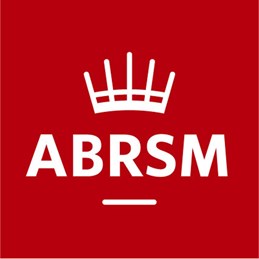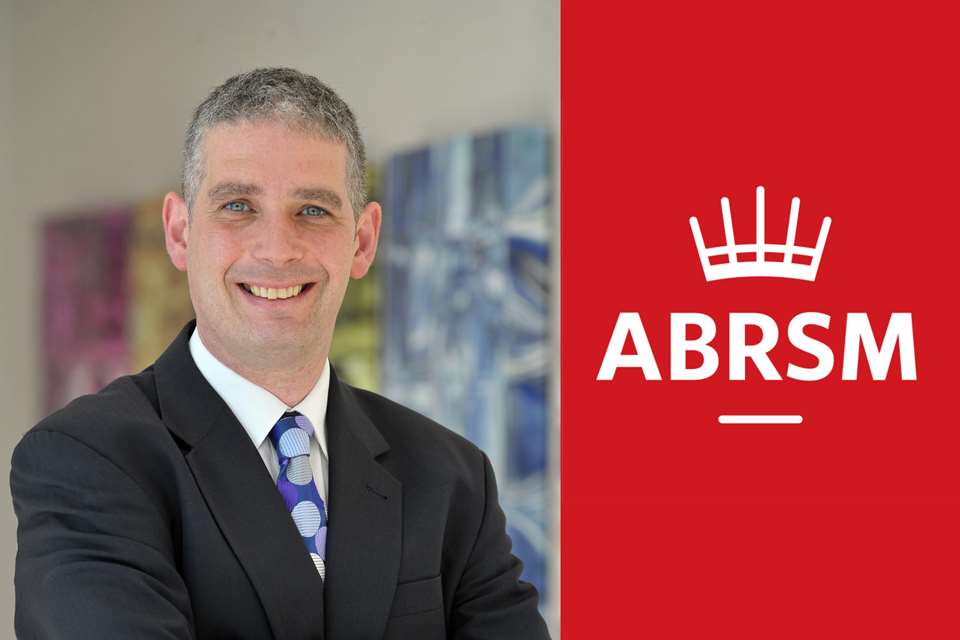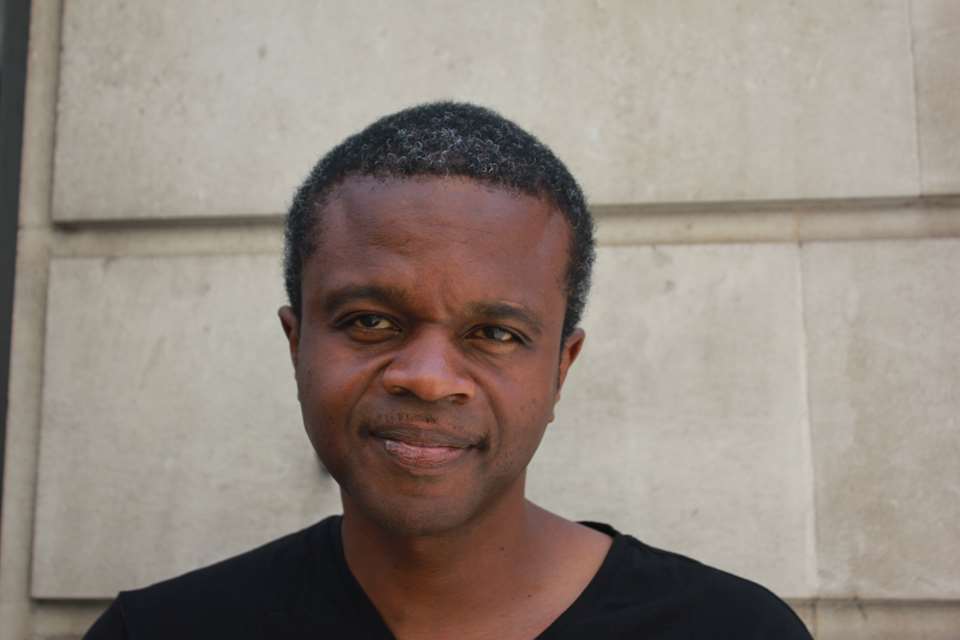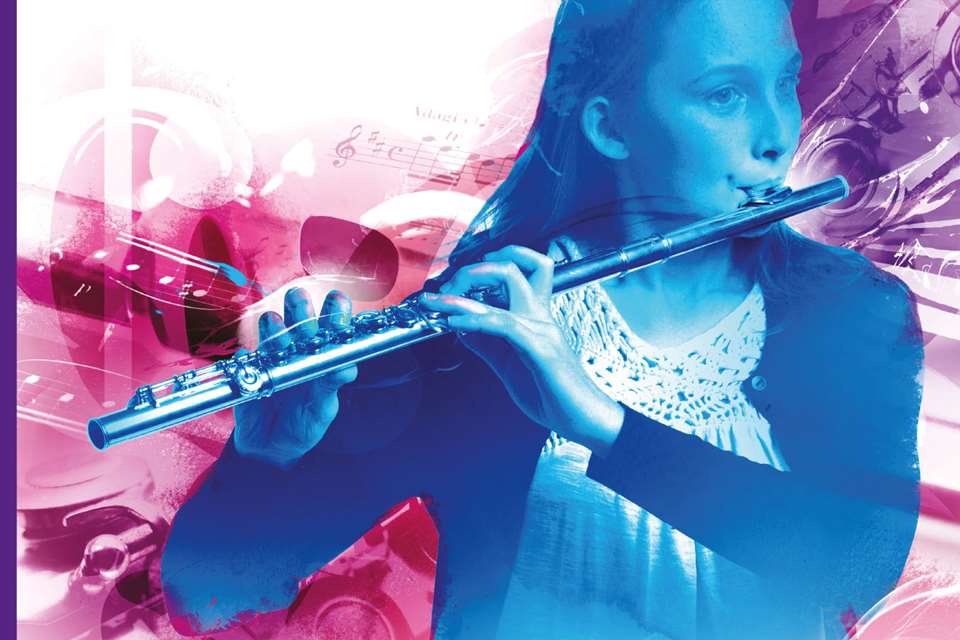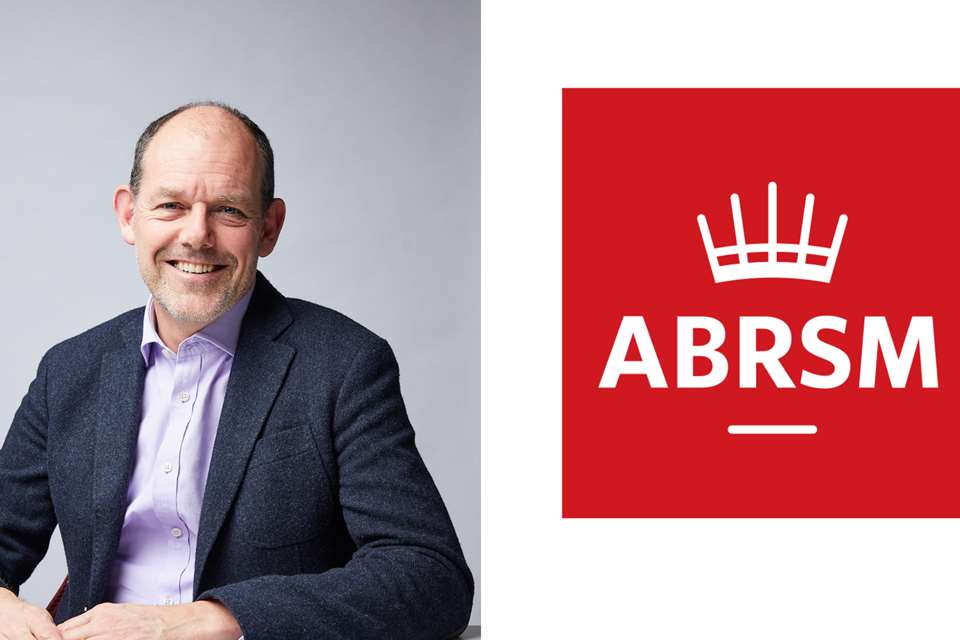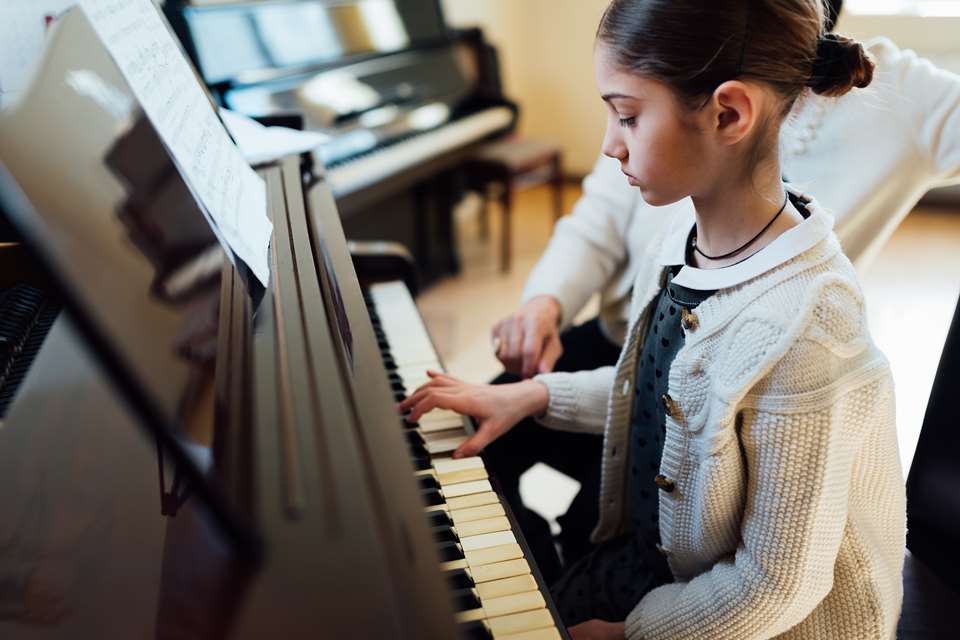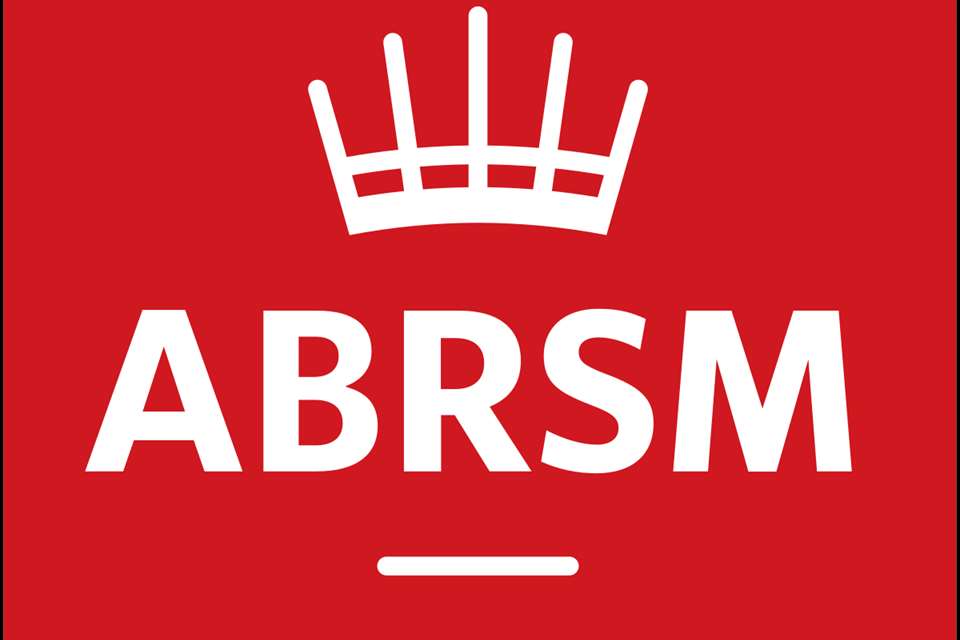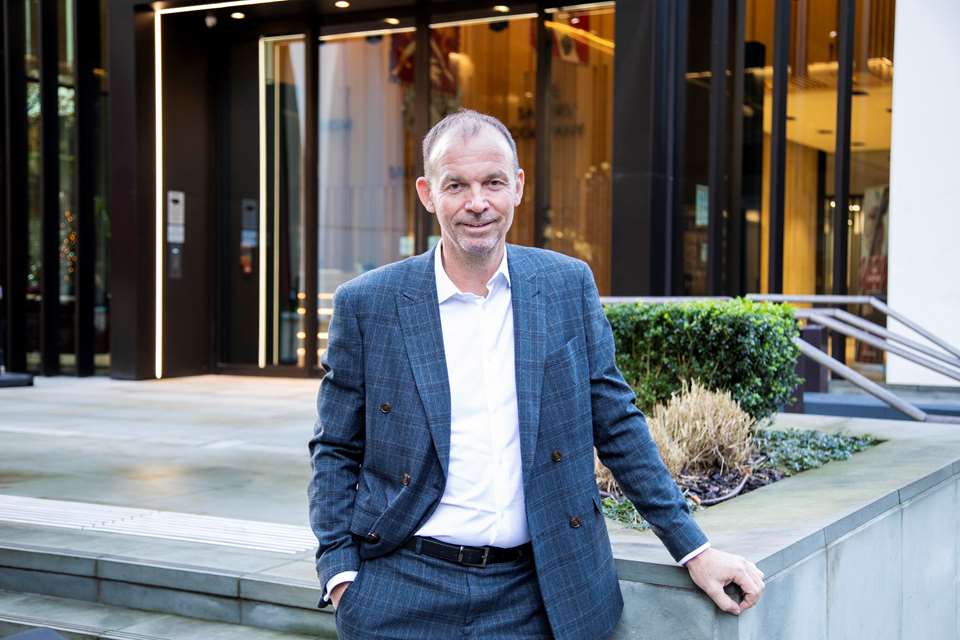Examining change: What is ABRSM doing to decolonise?
Roger Wilson
Friday, April 1, 2022
Over the next few months, we are running a series of articles exploring what the major exam boards are doing to decolonise. Roger Wilson kicks off with the Associated Board of the Royal Schools of Music.

Nickalbi/AdobeStock
ABRSM is the exam board of the Royal Schools of Music. They have a global footprint, delivering over 650,000 music exams and assessments every year in 93 countries. They offer pathways and resources for learners and teachers that help build musical skills and encourage progress. The board's core activity is providing graded music exams, assessments, and diplomas, and they also offer learning support. The organisation is over 100 years old; it is an institution.
Their work forms an important aspect of the long-established framework of instrumental music learning in the United Kingdom. Alongside the growing awareness and acknowledgement that Black lives do matter come the questions around nuances of service, delivery, syllabus content and relevance. These questions lead us to the important agenda of decolonisation – reviewing the imposition of traditional Western classical approaches to instrumental learning. This agenda includes areas of thinking, spaces, content, communication, and approach.
The organisation has come in for considerable criticism in recent years, with regards to its image, diversity in the staff force, lack of representation in creative contributions, and insensitivities of titles of works included in the syllabus. Honesty is an important baseline for initiating productive conversation and making change in the sector and throughout wider society. Organisations like ABRSM have a huge responsibility to shoulder in terms of supporting the experience of those many children, young people and adults who learn to play a musical instrument. It's important to engage the wider community in instrumental music making, particularly those in the children and young people category. They are the musicians, workforce, and audiences of tomorrow. ABRSM has taken an honest look at itself and begun the long road of change-making and decolonising.
The task ahead
The saying, ‘if you can't see it, you can't be it’ is pertinent to the conversation. In terms of the repertoire, the examiners and even those being examined, ABRSM exams have traditionally failed to be representative in any context. The intersection of race and socio-economic background goes a long way to excluding people of colour in the UK from participating in music exams.
The thorny issue of repertoire is the ultimate hot potato. ABRSM has come under serious pressure to review and revise its syllabuses in order not to offend, to become representative, and to engage with the wider community. However, making change is a challenging road to negotiate. Processes, practices, and mechanisms underpin organisational structures, and tradition can be a difficult hurdle to overcome. Gaining the buy-in from the internal community can also prove challenging, which is an important consideration in itself.
Diversifying the staff force in order to bring around real representation is crucial to welcoming and building inclusive communities. However, this is not easy, as marginalised communities have built up their own social capital – there's a lot of work needed to build trust and nurture important conversations, and this involves a reboot in marketing and communications strategy.
The structure of instrumental learning has been traditional in terms of the exams offered, and has fallen neatly into the categories of Western classical music. But we know that the UK is rich in cultural diversity, and popular music is composed of influences from a cornucopia of cultures. We can hear the music of those cultures in cafés, meeting places, festivals and homes – this is the UK's society in the 21st century. We also know that there are a considerable number of people making music electronically in their own homes. So, how does ABRSM achieve relevance and include the wider community? This is a narrative that will grow in focus as the way we make music changes and classical music connects with ever decreasing audiences.
Researching and releasing new syllabus repertoire takes considerable resources of time and effort. The vast range of exams offered by ABRSM range from prep tests to diplomas and music medals. This task alone is herculean as the process of review and selection of repertoire must be robust to scrutiny.
These are just some of the areas on which the organisation needs to focus in order to decolonise and bring about change. The agenda becomes all the more complex given the nuances of operating successfully in the 93 territories in which it currently works.
Plan of action
So, it's clear that the task lying ahead of ABRSM is considerable. It requires consensus from within, vision, strategy, and a lot of heavy lifting. I recently met with Lincoln Abbotts, executive director of strategic development at ABRSM, and was left in little doubt of the direction of travel, vision and work that was being done to bring the organisation into the 21st century. Their strategy to decolonise involves:
- An active commissioning programme
- Transforming syllabuses
- A mentorship and development programme for composers
- Developing partnerships and advocacy
- Transforming the organisation.
Internal dialogue and external input are crucial to moving forward. The organisation has established a Diversity and Inclusion Group of staff from a range of backgrounds and responsibilities. They are actively contributing to policy and actions across the business, both internally and externally. Guest speakers are regularly invited to share their experiences and provoke thought among the ABRSM team. The organisation has developed external conversations and explored new partnerships. The Ivors Academy and Musicians’ Union have been supportive in their discussions with ABRSM, helping them to see and understand the vital areas that will enable the organisation to make meaningful change.
The ball's rolling
To make the process of composing for their syllabuses more transparent and accessible, ABRSM is developing clear commissioning contracts and briefs, showing how they work with composers and arrangers, and by clarifying the steps and criteria needed for composers to write work that qualifies for their syllabuses. The inaugural composer mentorship programme has already seen the passing out of its first graduates. The scheme is aimed at supporting the careers and work of composers of colour and those from underrepresented groups.
ABRSM aims to have a minimum of 100 new composers representing this demographic by 2030. The programme has already justified itself by the successful inclusion of works in the latest iteration of the woodwind syllabus, published last year. This widely acclaimed initiative has already generated works to be considered for other instrumental syllabus offerings in the future too.
Fifty per cent of new commissions will be sought from composers of colour. In addition, each time syllabuses are updated, there is a target of 20 per cent of all syllabus content to be written by composers of colour. Syllabus updates with a view to increase representation in the creative offering have already started to roll out and will continue to do so on an annual basis. The organisation is not ignoring the fact that there is existing repertoire that subscribes to their aspirations of improving representation – these works are also part of the selection and review process. In the case of ABRSM's new Performance Grades, the fourth piece will be of the candidate's own choice, allowing selection from a wide range of sources. To support this, ABRSM will be finding, signposting, developing, and publishing new work.
Still work to do
The first year of the Mentorship and Development Programme for Composers has just ended. The scheme is aimed at supporting the careers and work of composers of colour and those from underrepresented groups. ABRSM aims to have a minimum of 100 new composers representing this demographic by 2030. Some of these composers will be included in the forthcoming Grade 1 Piano syllabus.
Staff recruitment is a work in progress. On my visit to ABRSM HQ I was pleased to observe a diverse staff team at work, but the organisation acknowledges that there is still work to do, particularly higher up in the organisation. The appointment of Leslie Kwan to the governing body is significant in beginning that process. Kwan is an experienced arts manager with much to contribute at governance level. They are also reviewing the constitution of the Music Education Advisory Council (MEAC) to ensure that both its membership and terms of reference specifically prioritise diversity and to help drive this aspect of their work.
The organisation concedes that their freelance examiner team, who are trained in-house, fails to be representative. They are actively looking at how to address this problem, as it needs urgent focus.
As important as the direction of travel is the speed of travel. ABRSM is an institution; it's impossible to spin it round on its axis, but it is clear that work is being done to decolonise and engage. Change will take time, not just for ABRSM but for society as a whole. The journey is at least underway.

